Welcome to Veteran PTSD Help
A safe space for veterans, families, and supporters to learn, connect, and heal.
Peer‐led. Evidence‐based. Always confidential.
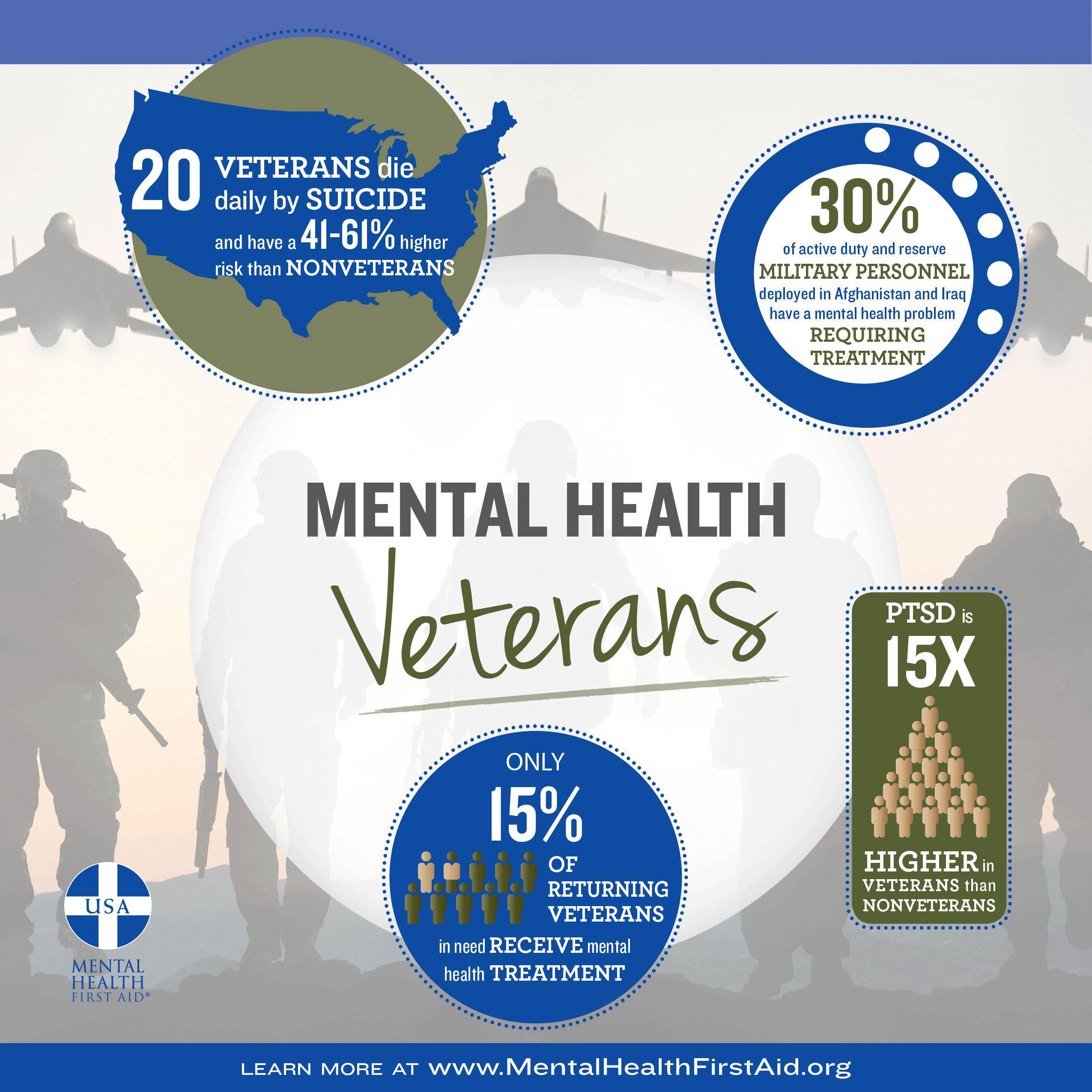

A safe space for veterans, families, and supporters to learn, connect, and heal.
Peer‐led. Evidence‐based. Always confidential.

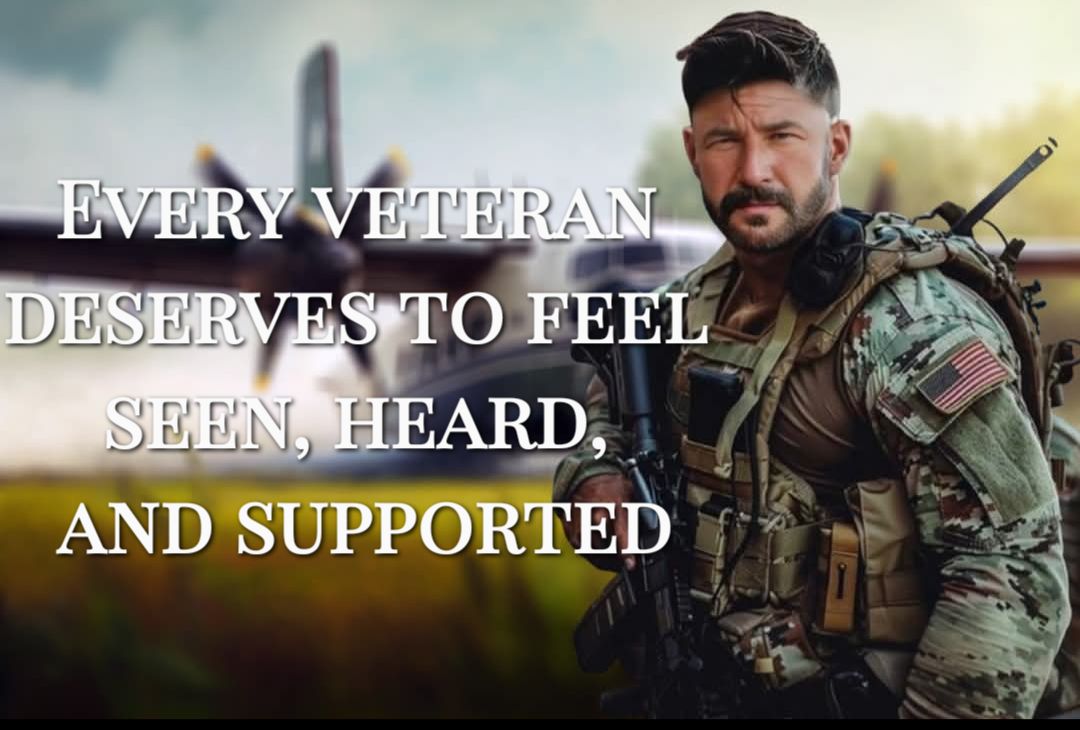
Post-Traumatic Stress Disorder (PTSD) is a common response to the unique stresses of military service—combat exposure, witness to trauma, or repeated high-pressure environments. While symptoms vary, many veterans experience:
Early recognition and peer-led intervention can break this cycle before it escalates into chronic pain, isolation, or self-medication.
Studies show peer support improves engagement with mental health care, reduces hospitalization rates, and enhances overall quality of life.
All services are covered by VA payors (Optum, TriWest) using our NPI—no out-of-pocket cost for enrolled veterans.
Ready to talk with a peer who truly understands? Fill out our Confidential Intake Form at the bottom of the page, and we’ll reach out within 24 hours (faster if it’s urgent).
Post-Traumatic Stress Disorder (PTSD) is not a weakness—it is a deeply human response to life-altering events. For veterans, it can stem from combat, service trauma, military sexual trauma, injury, or even the stress of transition back to civilian life.
PTSD can show up as nightmares, flashbacks, hypervigilance, trouble sleeping, difficulty with relationships, or even physical symptoms. Every journey is different—but you do not have to walk it alone.
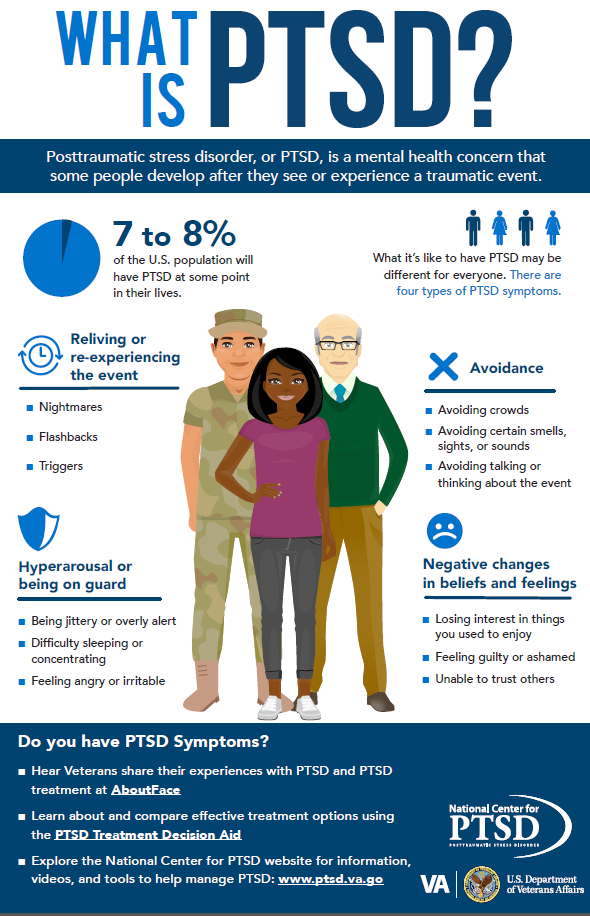
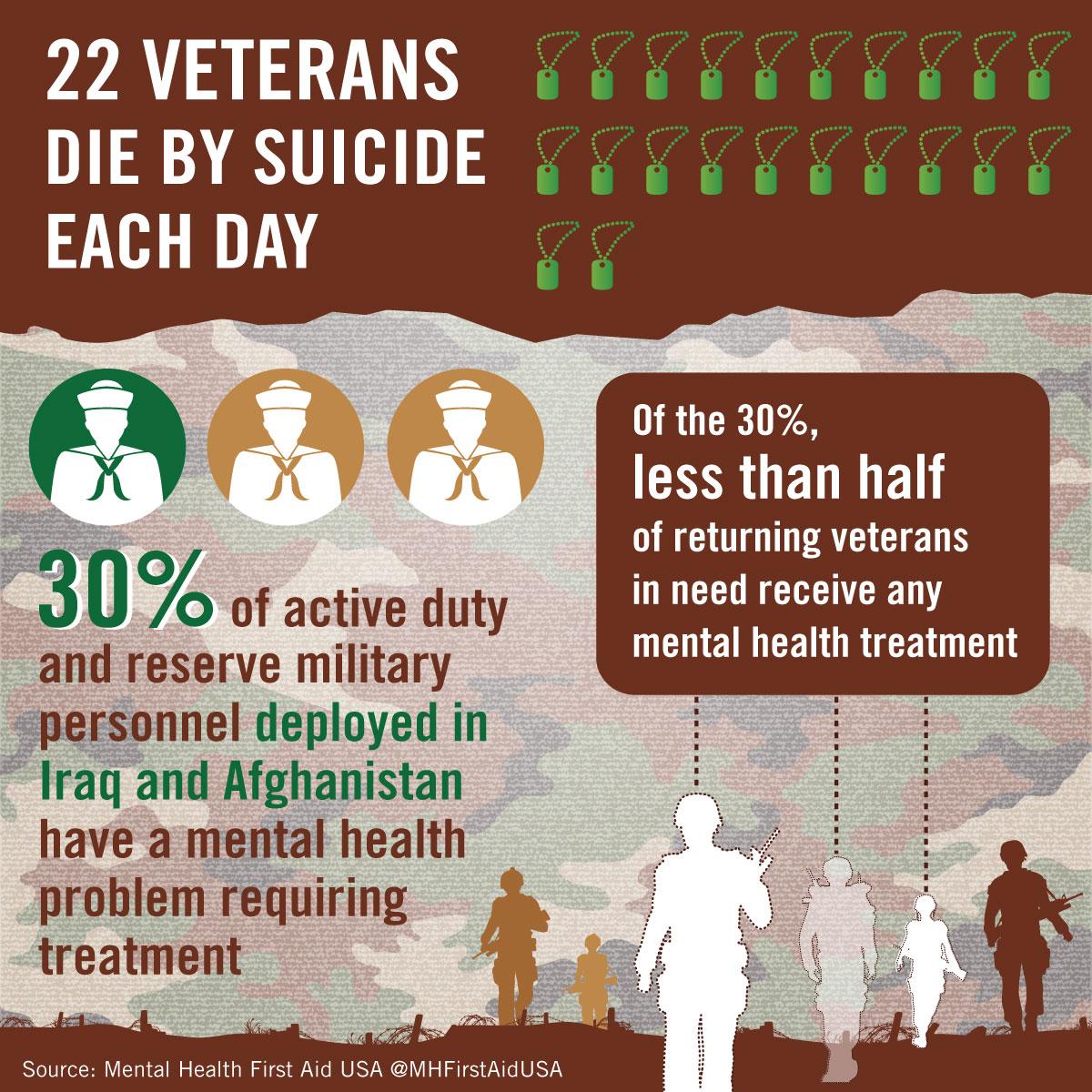
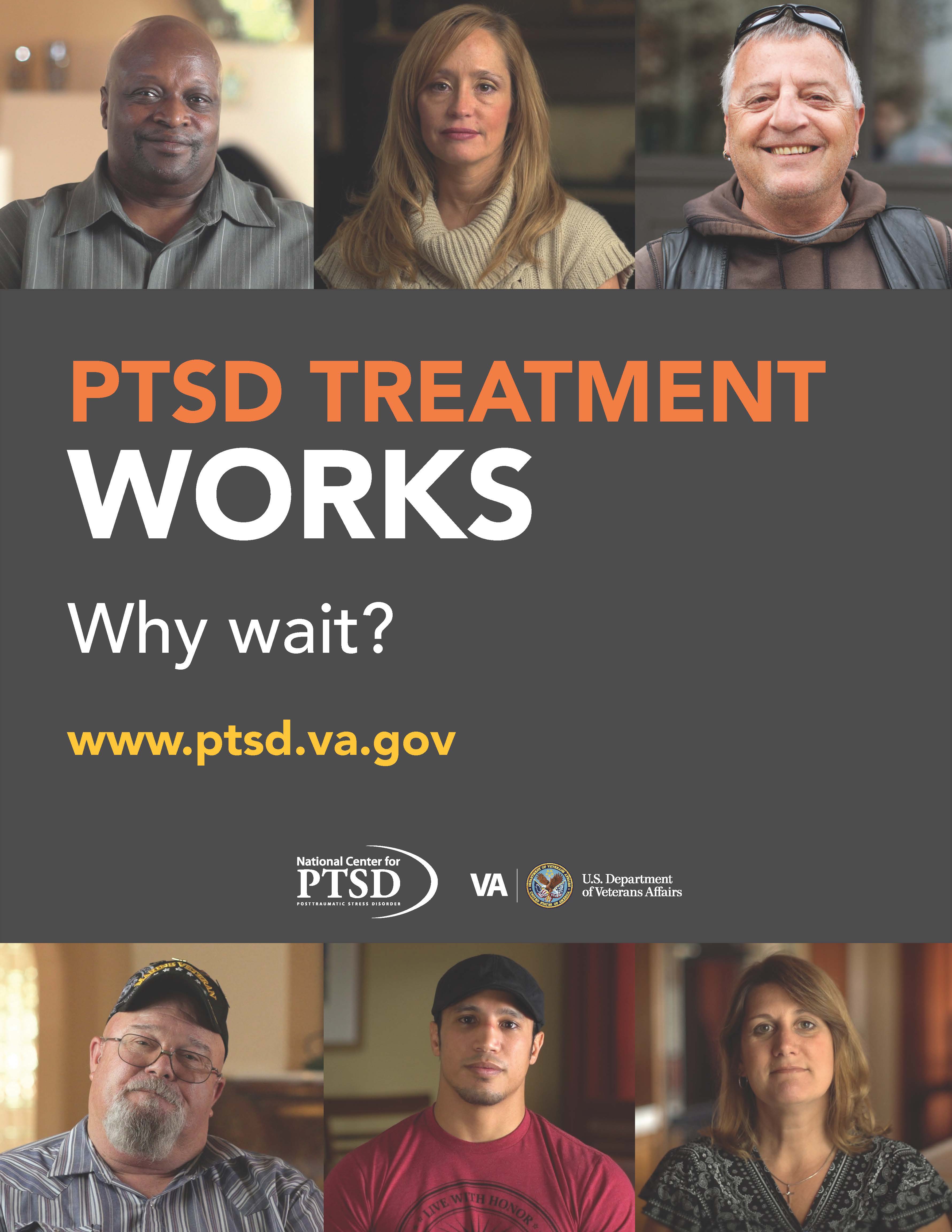
.png)
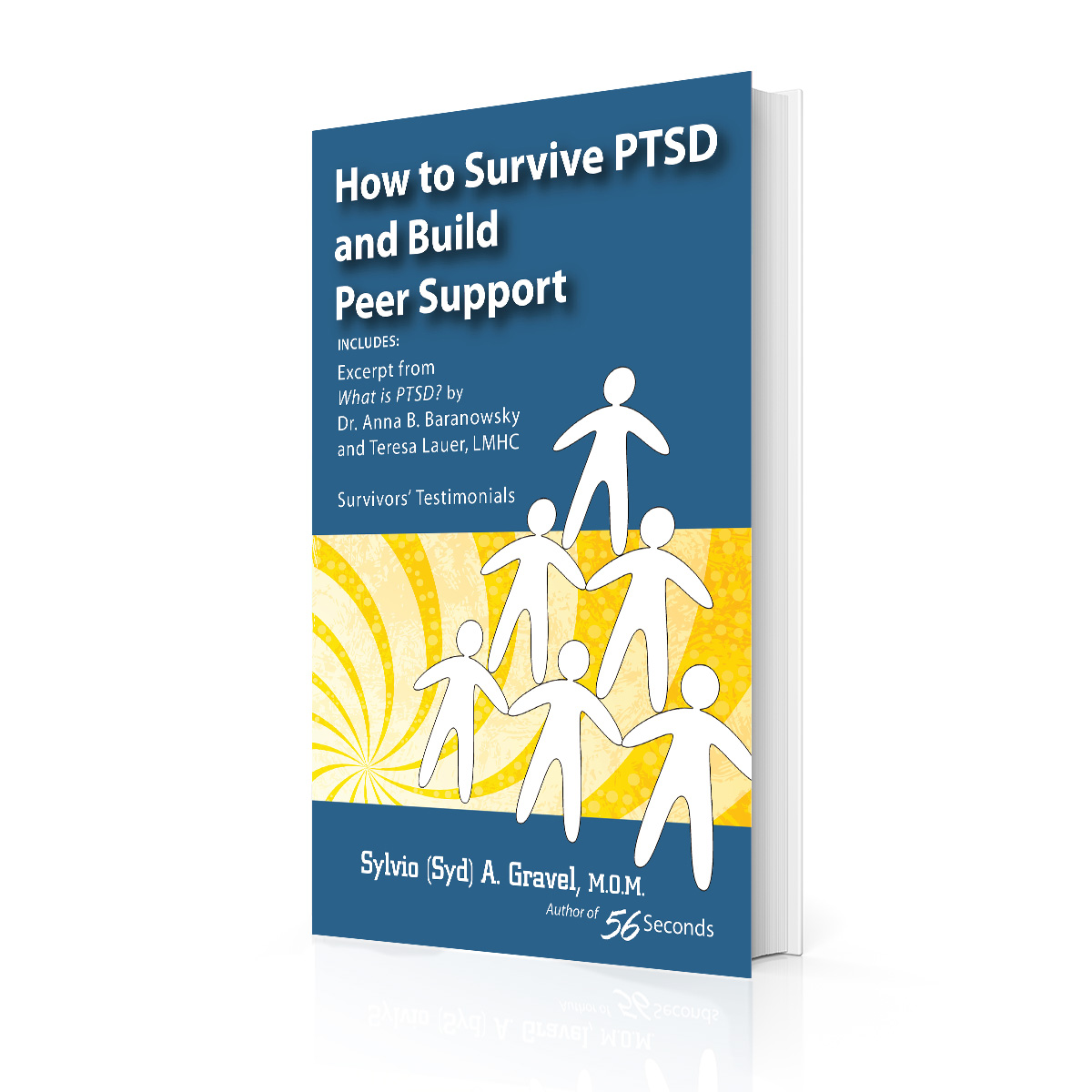

.jpg)
.gif)
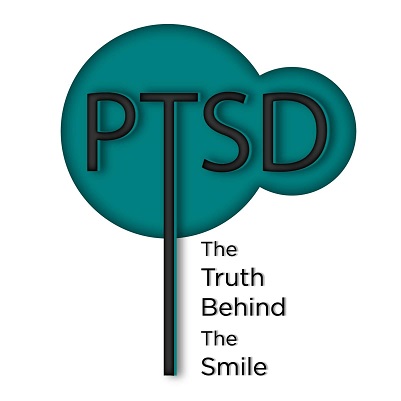
Peer support is veterans helping veterans. When you talk to someone who’s “been there,” you’re not judged—you’re understood. Peer support builds trust, hope, and a sense of belonging. Whether in a group, one-on-one, or online, sharing your story is powerful medicine.
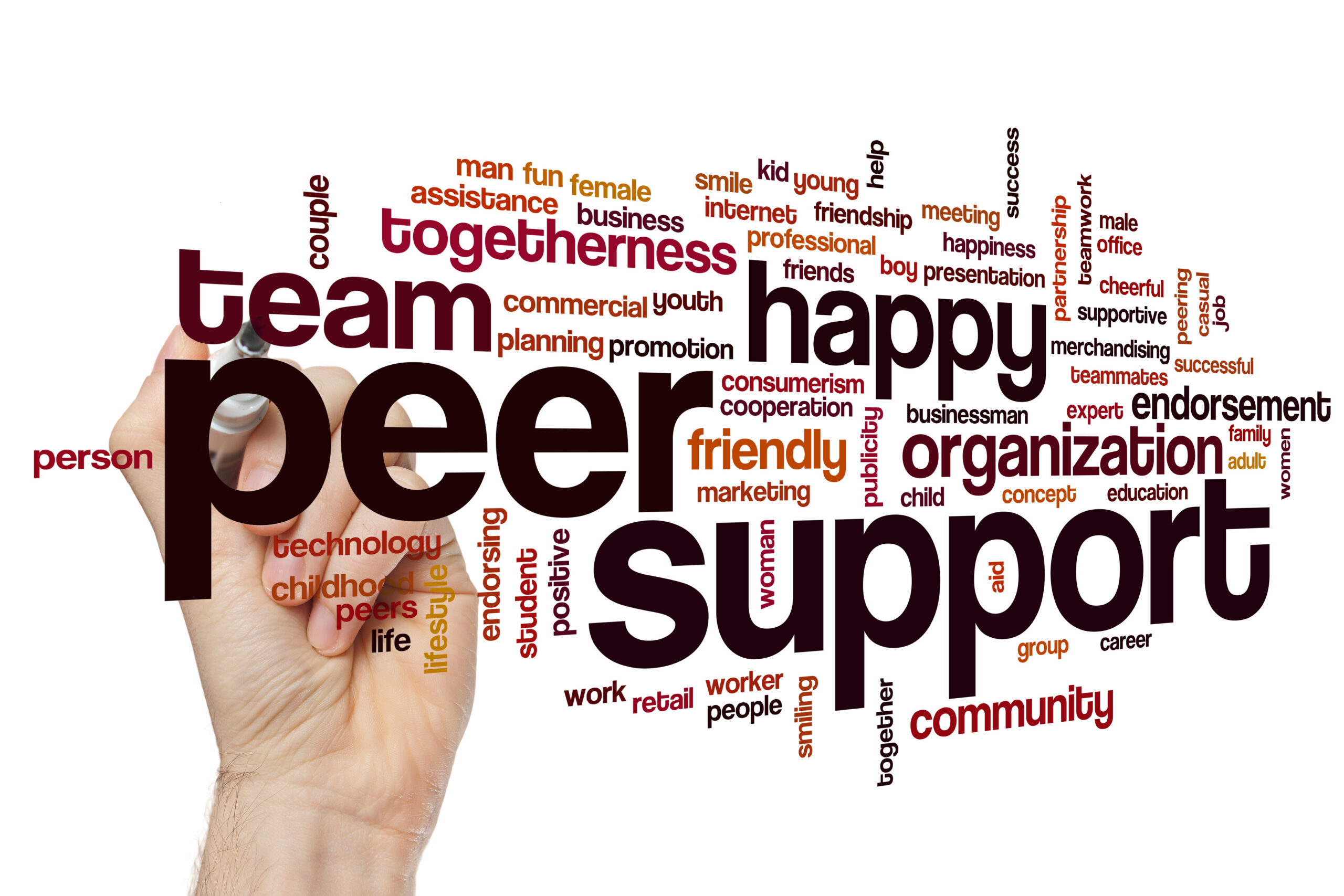

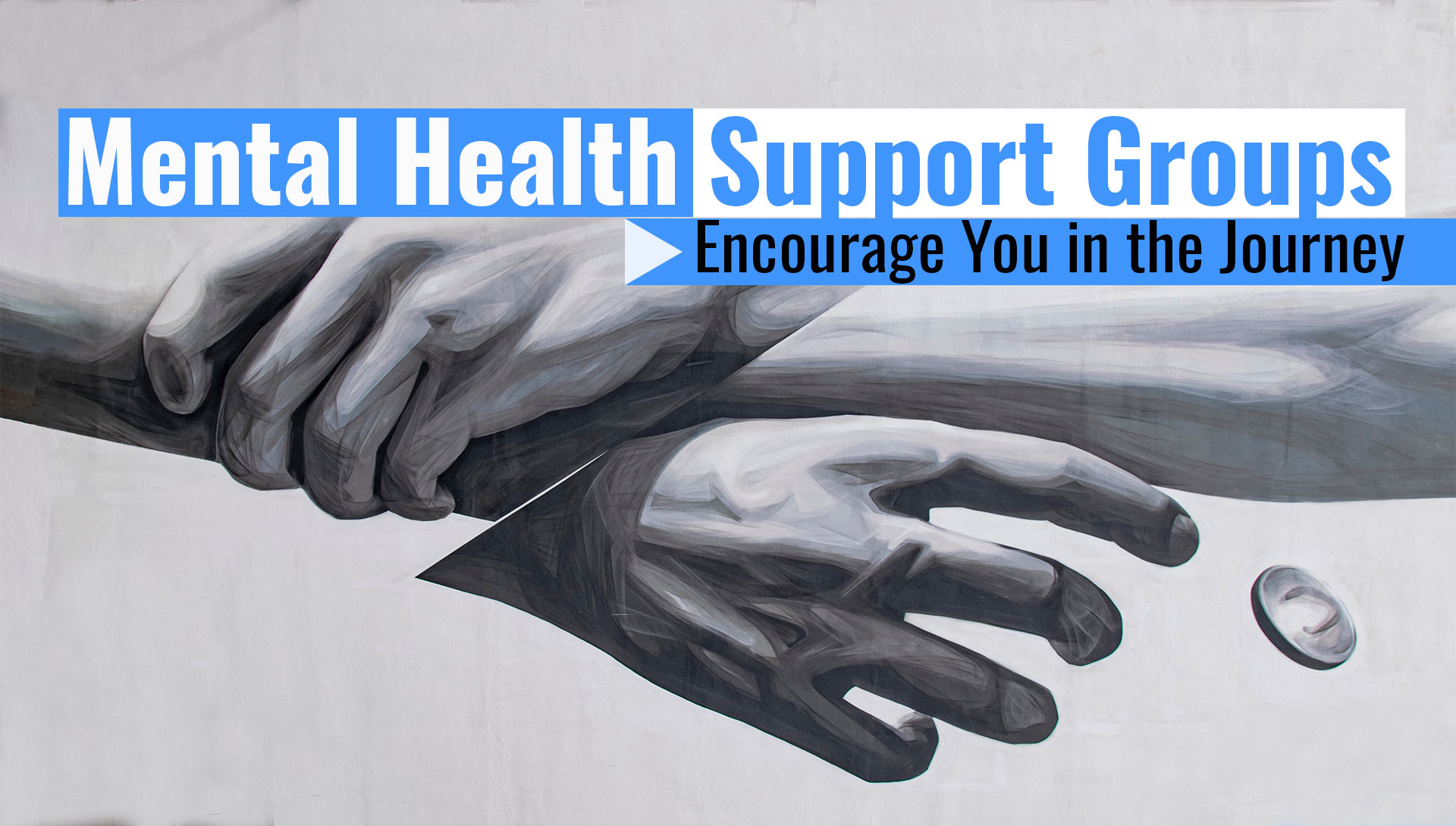

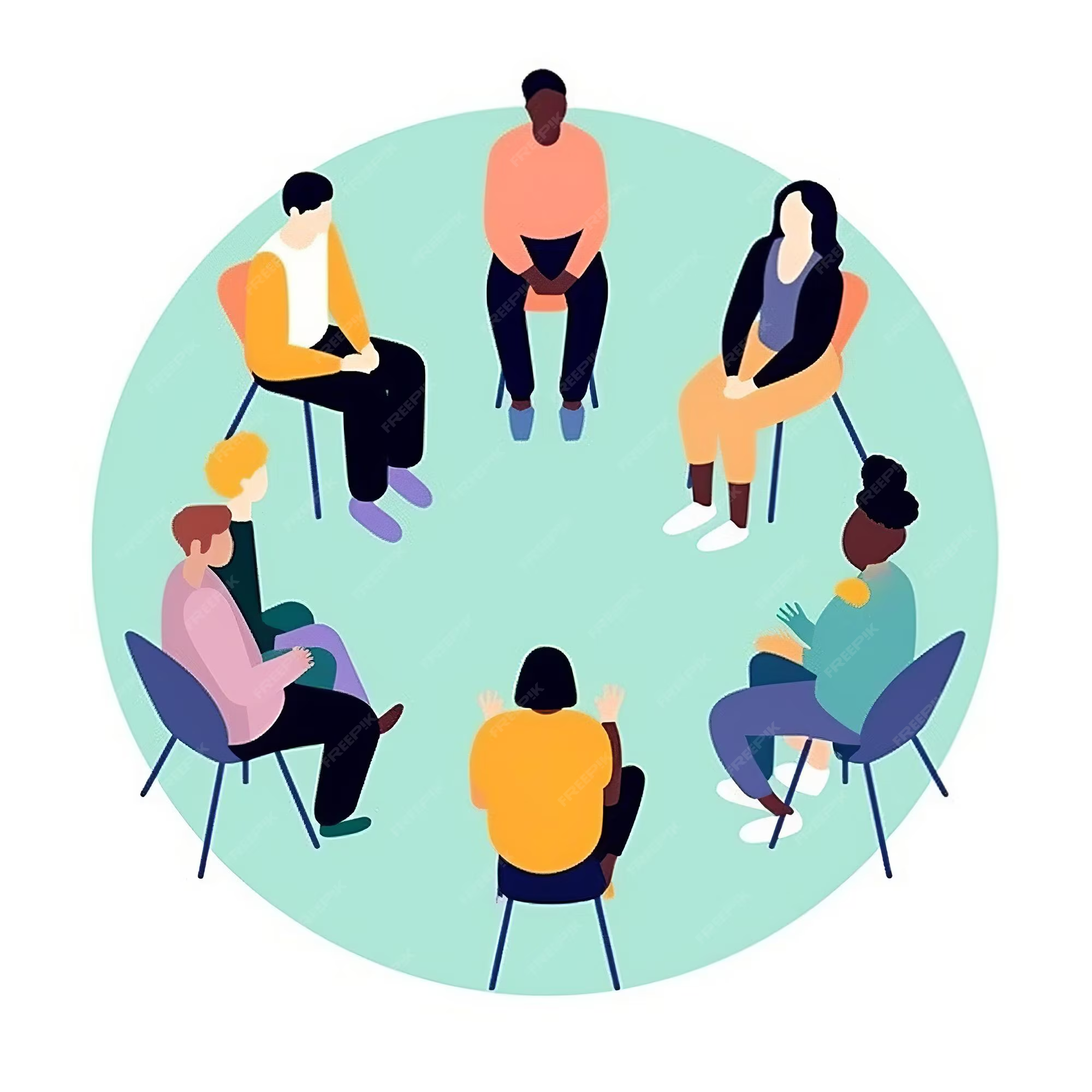
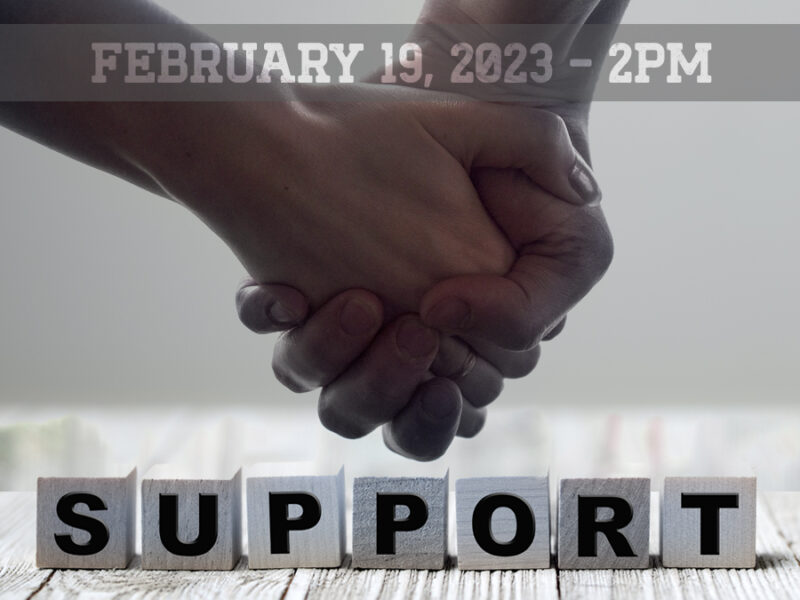
Healing is possible. Trauma may change your life, but it does not have to define it. PTSD is not a permanent label. With time, support, and the right tools, you can reclaim your life and purpose.
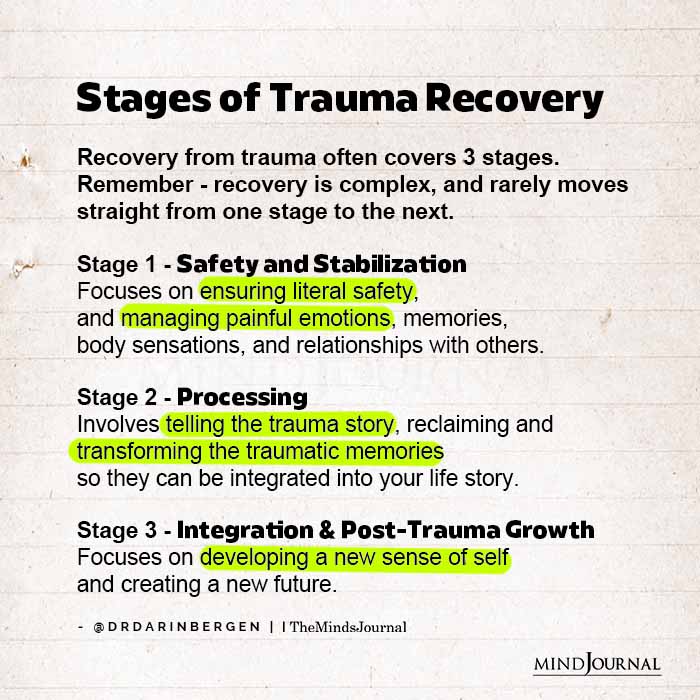

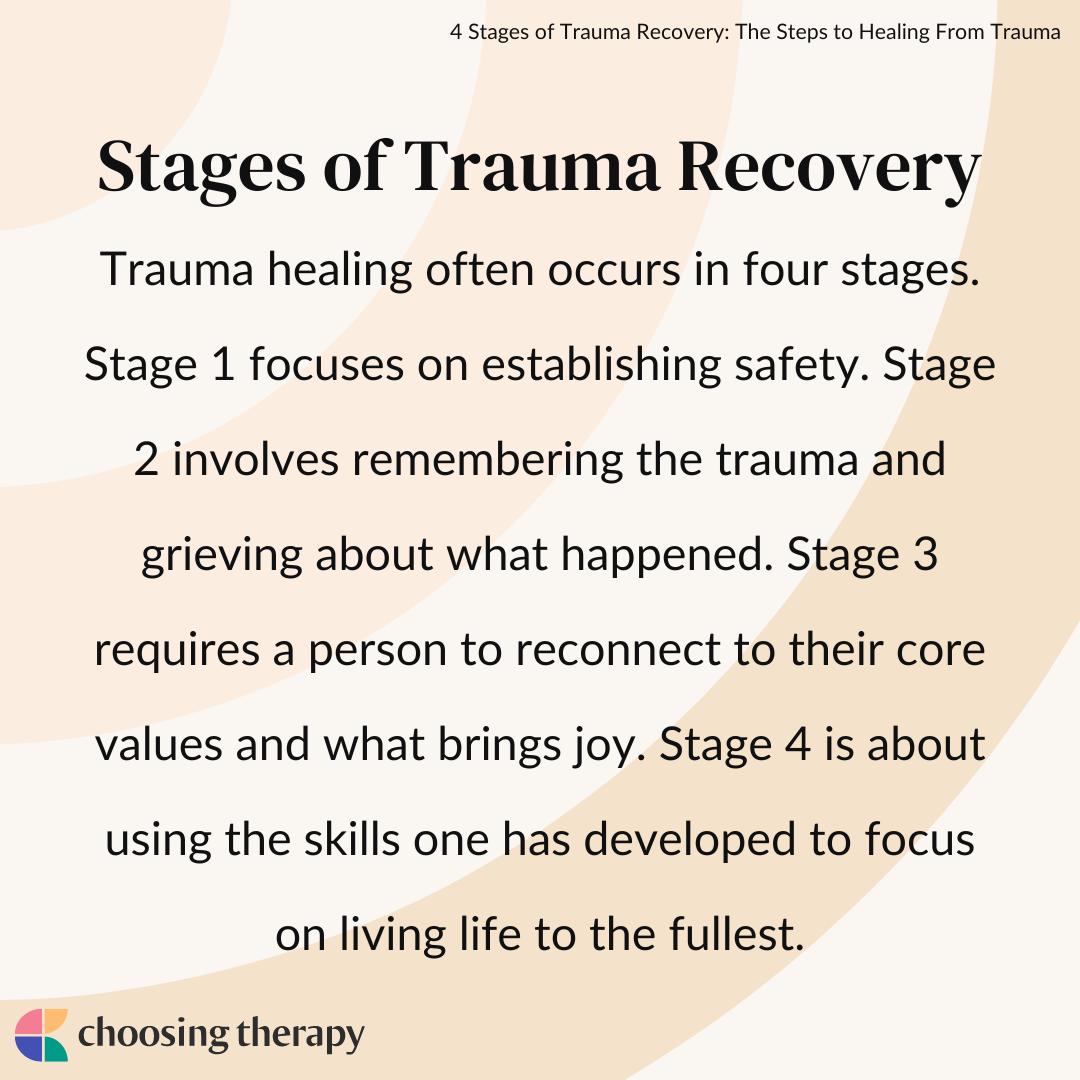
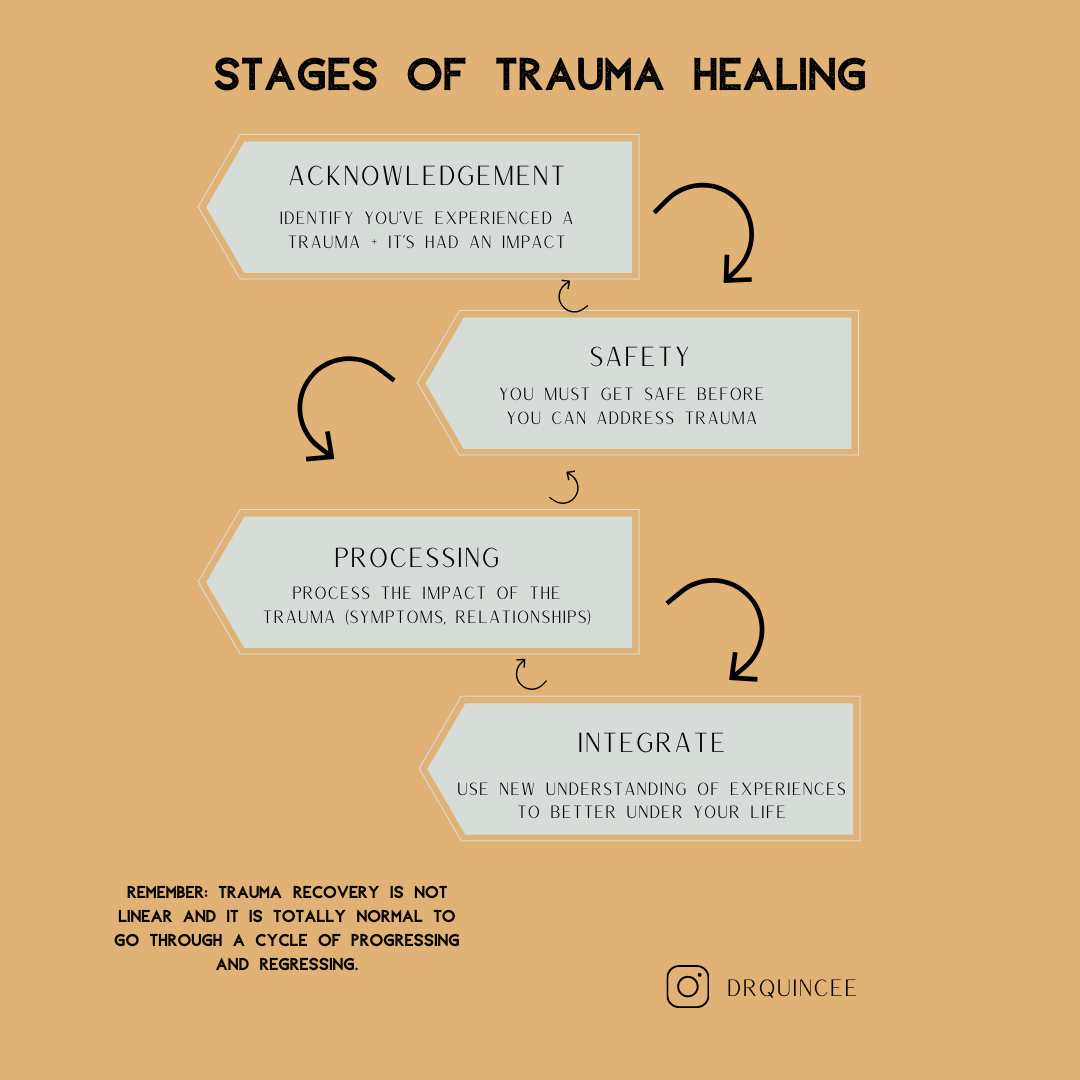
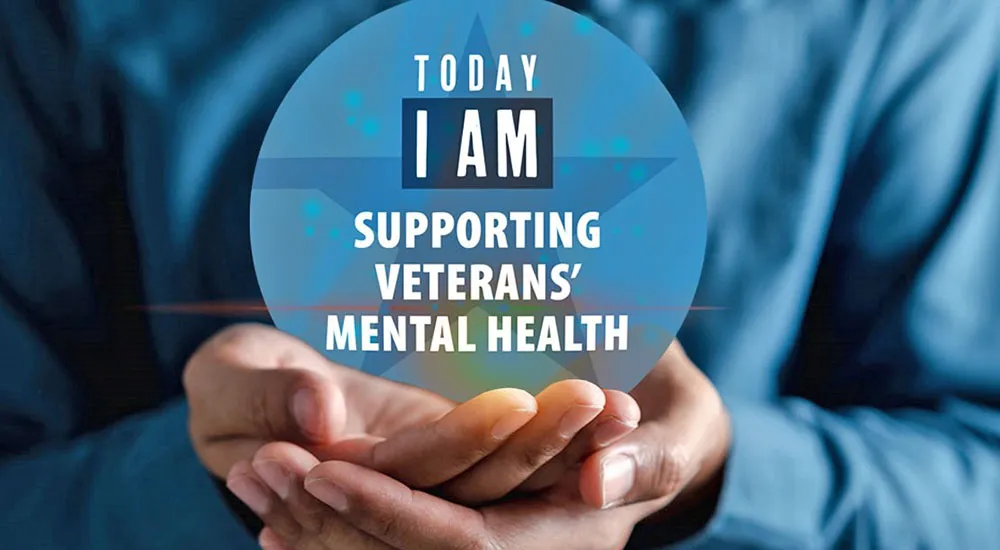
Recovery is never a straight line. Each journey is unique, and every story has the power to heal—not just the storyteller, but others too. Here are stories from real veterans who found strength in connection, support, and perseverance.

“After years of silence, I joined a peer group for veterans. Hearing others share experiences that mirrored my own made me feel seen for the first time. I realized I wasn’t alone, and for the first time, I felt hope.”

“For me, recovery wasn’t about some huge breakthrough. It was learning to trust again—one small step at a time. My peer mentor checked in every week, and that’s what kept me going.”

“My PTSD felt like an endless cycle until I started helping others. Leading a support group gave me purpose. The more I reached out, the more I healed. Now, I’m never alone—and neither are the vets who come after me.”
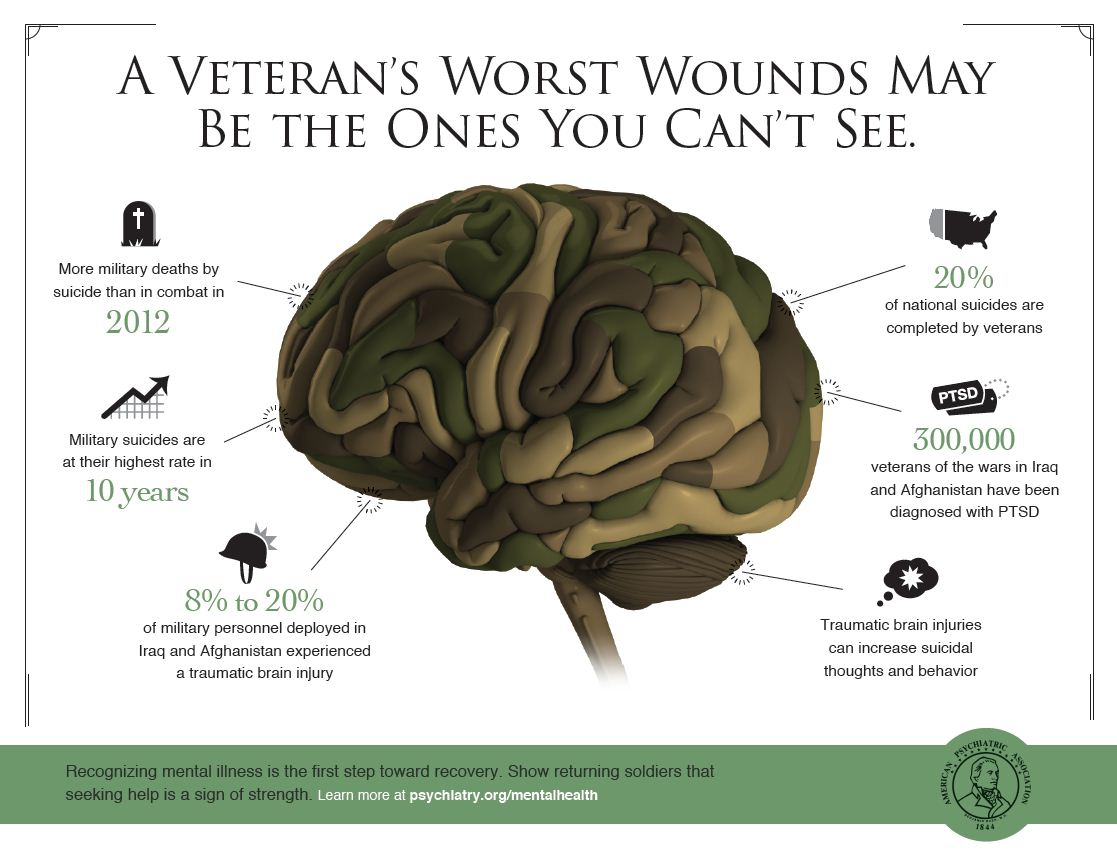
“The first time I shared my story was terrifying. But afterward, I felt lighter. Others thanked me for my honesty. Storytelling became a way to take back control of my life.”
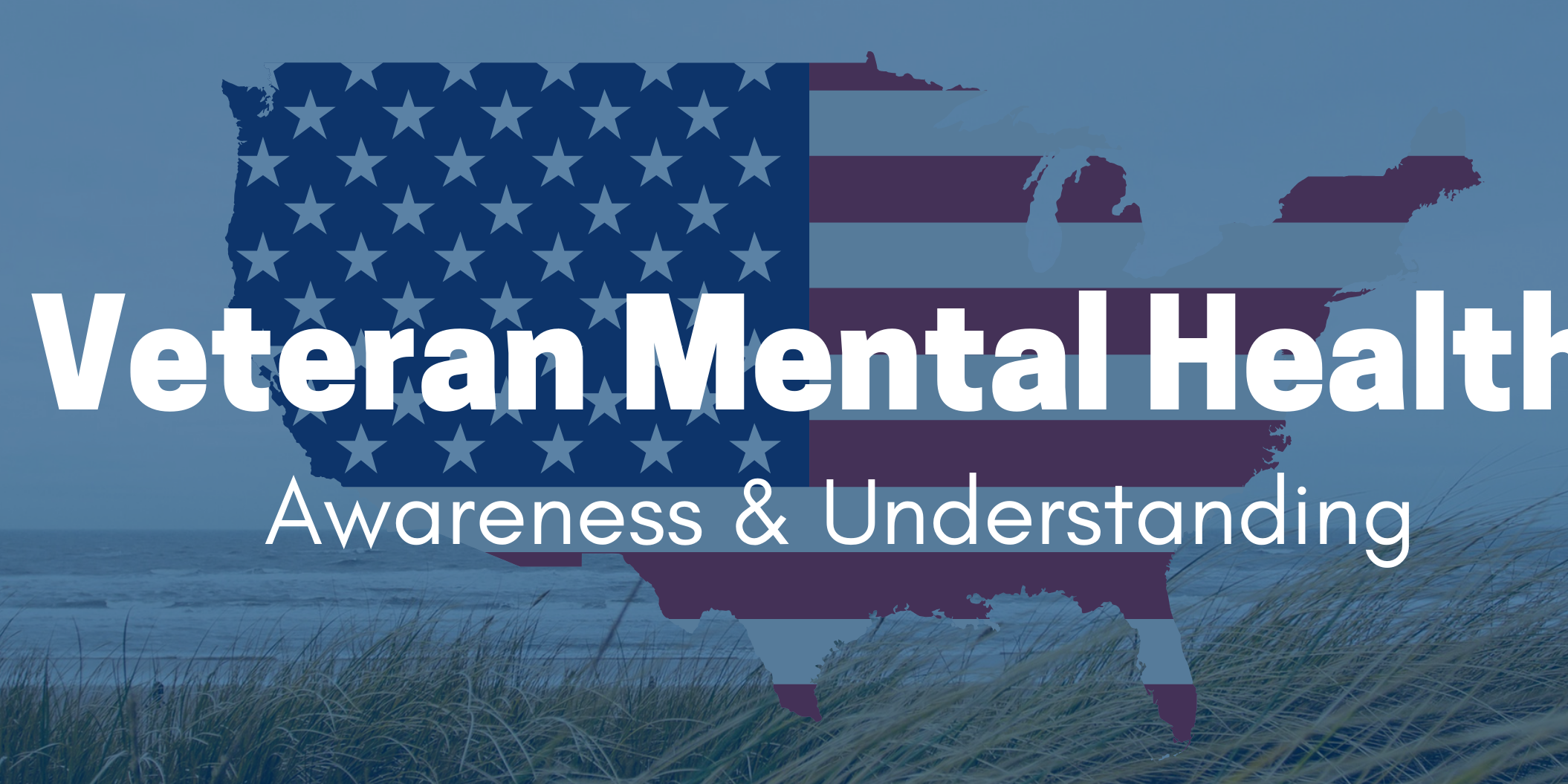
“Isolation was the worst part of my PTSD. Peer support groups didn’t just help me heal, they helped me make friends for life. We show up for each other, no matter what.”

“I started posting about PTSD on social media. The responses from other veterans—and even civilians—blew me away. Every time I speak up, I help end the stigma for others.”
Click any image below for more information, self-help tools, or to connect with trusted organizations and peer groups.
Ready to talk, ask questions, or join a peer support group? Reach out in the way that works best for you:
Part of the PrineUSA family of websites.